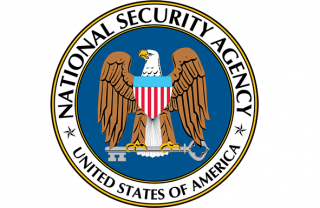 On Wednesday, the Ninth Circuit Court of Appeals will hear arguments in U.S. v. Mohamud, where a man is fighting his conviction for Attempted Use of a Weapon of Mass Destruction after undercover agents caught him attempting to remotely detonate a fake bomb that agents had provided. Mohamed Osman Mohamud is appealing, saying that federal agents illegally monitored his online activity during their investigation, getting data through an NSA surveillance program, Reuters reported. Through that program, the NSA collected information from online communications and international phone calls of Americans without a warrant.
On Wednesday, the Ninth Circuit Court of Appeals will hear arguments in U.S. v. Mohamud, where a man is fighting his conviction for Attempted Use of a Weapon of Mass Destruction after undercover agents caught him attempting to remotely detonate a fake bomb that agents had provided. Mohamed Osman Mohamud is appealing, saying that federal agents illegally monitored his online activity during their investigation, getting data through an NSA surveillance program, Reuters reported. Through that program, the NSA collected information from online communications and international phone calls of Americans without a warrant.
This is the first case where it will be determined whether the NSA’s programs for spying on American citizens violated a defendant’s constitutional right to privacy. Previous cases were dismissed because it could not be proven that the information was actually gathered by the NSA programs. The NSA’s activities were first disclosed by Edward Snowden when he leaked documents in 2013. The government has not identified exactly which NSA program was used to collect data that was used to convict Mohamud, but they did tell him and his attorneys after the conviction how they collected evidence.
The NSA’s surveillance programs were authorized by Section 702 of the Foreign Intelligence Surveillance Act. Section 702 authorizes “the targeting of persons reasonably believed to be located outside the United States to acquire foreign intelligence information.” While the law only allows for surveillance of people outside the country, officials have acknowledged that sometimes information on U.S. citizens is collected, and then used in criminal investigations, according to Reuters.
Section 702 will expire at the end of 2017, unless Congress reauthorizes it.